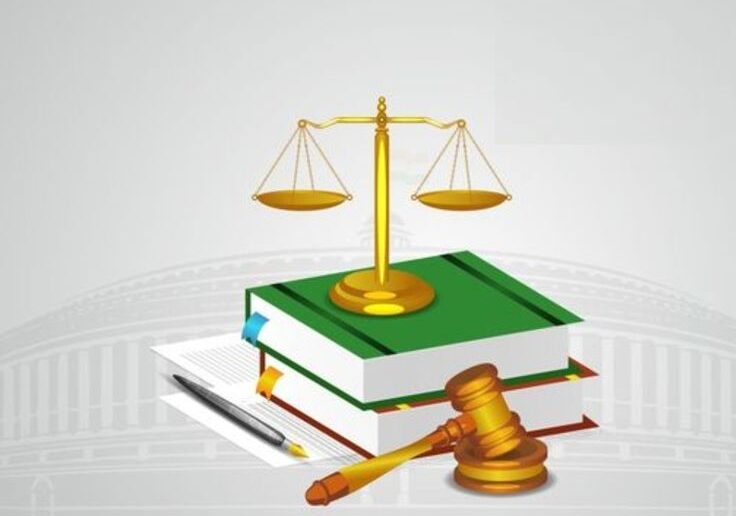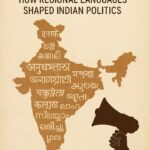Right to Constitutional Remedies (Article 32 of the Constitution of India)
The Right to Constitutional Remedies is a Fundamental Right under Article 32 of the Constitution. It empowers citizens to approach the Supreme Court or High Courts to protect their Fundamental Rights if they are violated.
Dr. B.R. Ambedkar, the Father of the Indian Constitution, called this right the “heart and soul of the Constitution” because it ensures that all other Fundamental Rights are effective and enforceable.
Key Features
Protects Fundamental Rights:
Citizens can enforce all Fundamental Rights guaranteed under the Constitution.
Judicial Enforcement:
Courts can issue writs to prevent or correct violations of rights.
Direct Access:
Individuals can directly approach the Supreme Court under Article 32.
Extension to High Courts:
Article 226 allows citizens to approach High Courts for the enforcement of rights, providing broader access to justice.
Safeguards Democracy:
Ensures that the state cannot act arbitrarily, maintaining the rule of law.
Writs under Article 32
The Supreme Court (and High Courts under Article 226) can issue five types of writs to enforce Fundamental Rights:
Habeas Corpus (“You shall have the body”)
Protects personal liberty by preventing illegal detention.
Example: Releasing a person unlawfully arrested.
Mandamus (“We command”)
Directs a public authority or government official to perform their duty.
Example: Ordering a government office to issue a public document.
Prohibition
Prevents lower courts or authorities from exceeding their jurisdiction.
Example: Stopping a trial court from hearing a case it has no authority over.
Certiorari
Transfers a case from a lower court or authority to a higher court for review.
Example: Supreme Court reviewing an order of a lower court that violated rights.
Quo Warranto (“By what authority”)
Questions the legitimacy of a person holding public office.
Example: Challenging someone appointed illegally as a public officer.
Significance of the Right to Constitutional Remedies
Guardian of Fundamental Rights: Ensures rights are meaningful and enforceable.
Maintains Rule of Law: Protects citizens from arbitrary action by the state.
Strengthens Democracy: Enables citizens to hold the government accountable.
Provides Access to Justice: Writs make it easier for individuals to protect their rights.
Practical Examples
A citizen illegally detained by police can file a Habeas Corpus petition.
A school denied government aid due to minority status can seek a Mandamus.
A government officer acting beyond authority can be restrained via Prohibition or Certiorari.
If someone occupies a public office without eligibility, a Quo Warranto petition can challenge them.
Conclusion
The Right to Constitutional Remedies is the most powerful Fundamental Right because it enforces all other rights. By empowering citizens to approach the judiciary, it ensures justice, prevents abuse of power, and strengthens democracy. It truly is the heart and soul of the Indian Constitution, guaranteeing that rights are not just theoretical but practical and actionable.








